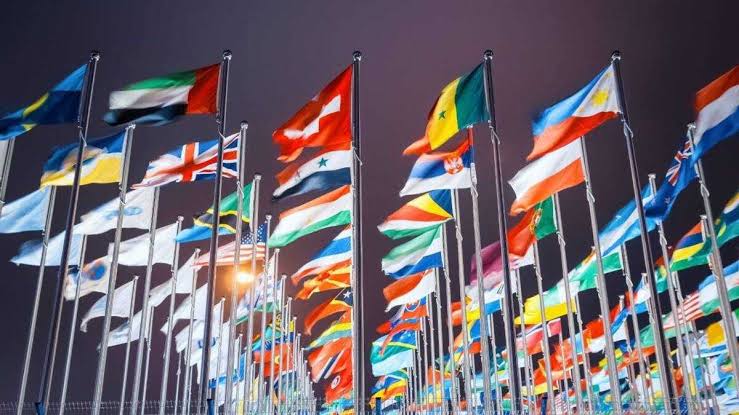Throughout the era of imperial expansion, many territories across the world lost their sovereignty and fell under foreign control.
Yet, a few nations managed to preserve their independence.
Below are five such countries — and how they defended their freedom:
1. Ethiopia
Ethiopia stands as a prime example of resistance. While much of Africa succumbed to colonial rule, Ethiopia maintained its independence.
In 1896, under Menelik II, Ethiopian forces defeated Italian troops at the Battle of Adwa — a landmark victory that helped safeguard the country’s autonomy.
Despite a later brief occupation by Italy in the 1930s, historians often regard that as a temporary invasion rather than full-colonial control.
Ethiopia’s unity, strong leadership and strategic warfare were key to its survival.
2. Japan
Japan avoided colonisation largely by transforming itself during a critical period of its history.
The Meiji Restoration in 1868 set the country on a path of rapid industrialisation and military modernisation.
As Western powers carved up much of Asia, Japan instead emerged as a contender — maintaining sovereignty not just for itself but later becoming a regional power.
Its combination of internal reform and external vigilance made colonisation untenable.
3. Thailand
Formerly known as Siam, Thailand is the only country in Southeast Asia that was never formally colonised by a European power.
Leadership under kings such as Rama IV and Rama V skilfully navigated the competing interests of British and French colonial empires.
By embracing selective modernisation, negotiating diplomatic treaties, and balancing foreign powers, Thailand retained its independence when many of its neighbours did not.
4. Nepal
Nepal’s rugged mountainous terrain and warrior culture offered it natural and strategic defence.
Despite British expansion in South Asia during the 19th century, Nepal managed to maintain its autonomy.
The Treaty of Sugauli (1816) formalised diplomatic ties with the British while allowing Nepal to retain control of its internal affairs.
In this way, geography, military strength (notably its famed Gurkha troops), and clever diplomacy combined to protect sovereignty.
5. Bhutan
Deeply nestled in the Himalayas, Bhutan leveraged its isolation, geography and careful diplomacy to avoid colonisation.
The country maintained friendly but limited relations with British India and later with independent India, choosing a path of self-preservation in its international engagements.
Its emphasis on preserving culture, tradition and political independence continues to characterise its stance today.

